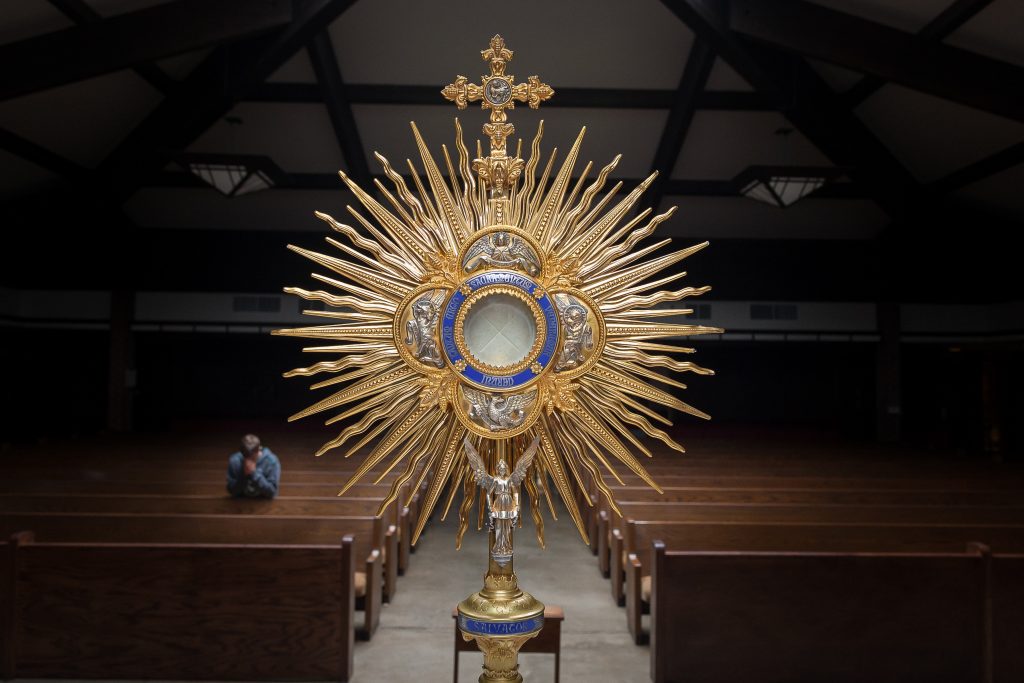A reading from the Holy Gospel according to St. Mark:
“Jesus went up the mountain and called to him those whom he wanted, and they came to him. And he appointed the twelve, whom he also named apostles, to be with him, and to be sent out to proclaim the message, and to have authority to cast out demons.”
Reflection
Have you ever found yourself in a situation when it appeared that everything around you started to break, even though it wasn’t your fault?
A couple of years ago my mom went on vacation and asked me to look after her home. Everything was going well until the final day she was scheduled to return home. I went to turn on the shower and the faucet broke. The water just kept flowing at full pressure. Now on one hand it’s not something terrible, since nothing flooded. All I had to do was shut the water off to the house and call a plumber. I was more concerned about my mom. My mom is the type of person who would be quick to blame me if something didn’t meet her expectations. Her expectation was that the house would be in the same running order she left it in. Instead she came home to a plumber’s van on the driveway and tools all over the upstairs bathroom. She looked at me with a terrifying look that I haven’t seen since my teenage years.
In today’s gospel, Jesus appoints and gives authority to twelve apostles to have authority in the early church. More notably Jesus gives Peter special authority by calling him “the rock” on which the church is built and gives “the keys to heaven.” In other words whatever decision he makes on earth will have eternal consequences. Jesus giving authority to Peter and the twelve apostles is not arbitrary.
In the ancient world, when a king left his kingdom he periodically handed his authority over to his prime minister – first servant. The prime minister had to carry out the duties of the king in everything, except he couldn’t change anything or make up new laws. He was the protector of his king’s kingdom. So when the king returned everything should be the way he left it.
Similarly, the apostles in unity under their leader, Peter, – the first pope – do not have the authority to change what Jesus has established. Their job is to protect what is established to ensure that it is secure and in place upon Christ’s return.
Let us pray,
In the name of the Father, the Son, and the Holy Spirit.
Heavenly Father, Thank you for getting me through another week. Have mercy on me for the times I have allowed envy to consume me. Help me to see the goodness in my life, even if during this time I may be facing many challenges. Inspire me with the fortitude to overcome my negative emotions, the wisdom to prioritize my studies in the coming exam week, and with the charity to treat others around me with love. I pray this in Your name. Amen.
In the name of the Father, the Son, and the Holy Spirit.





